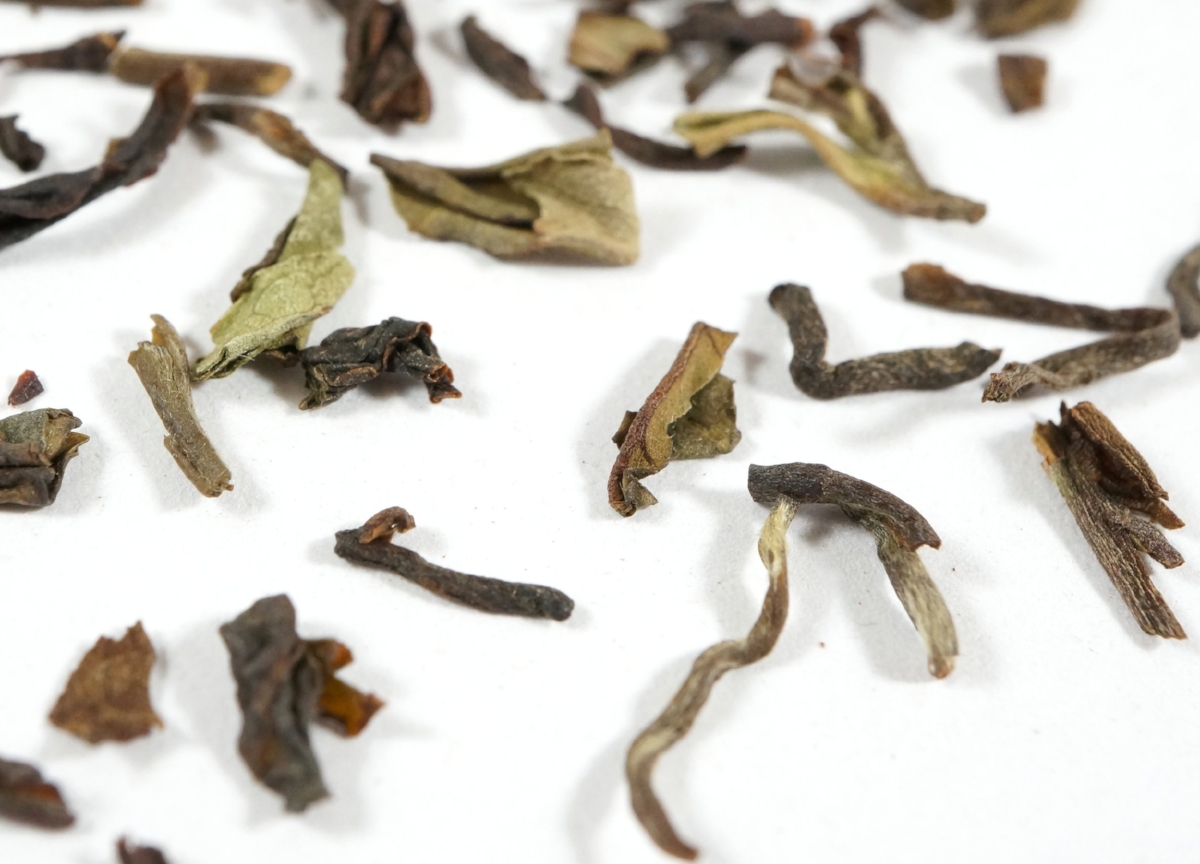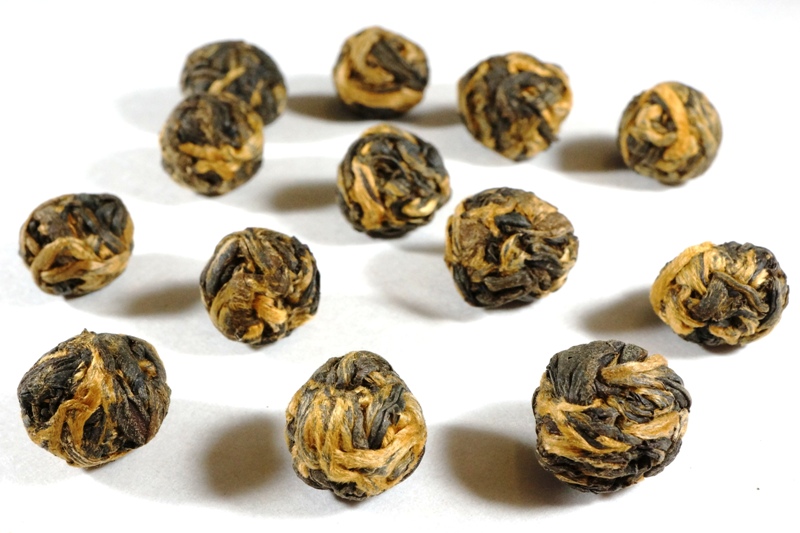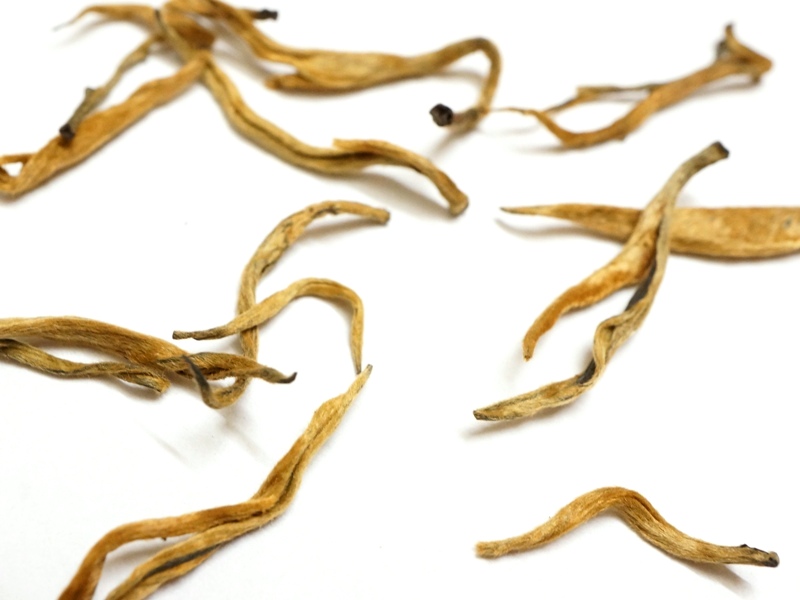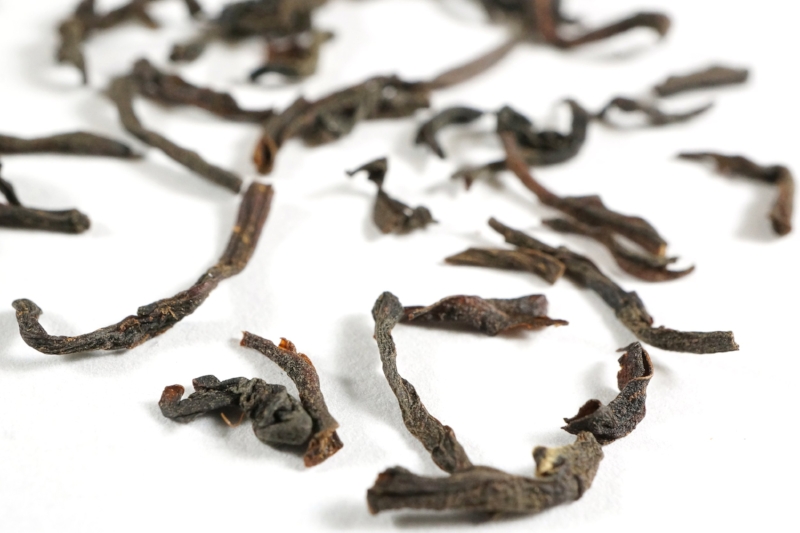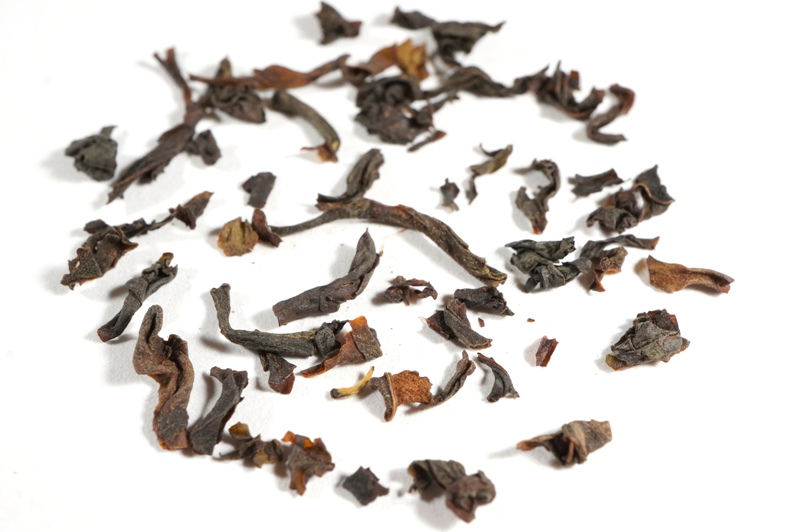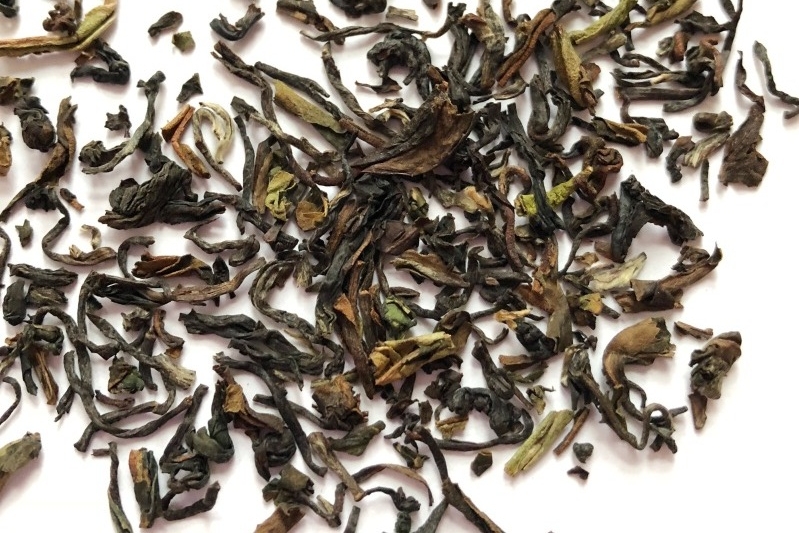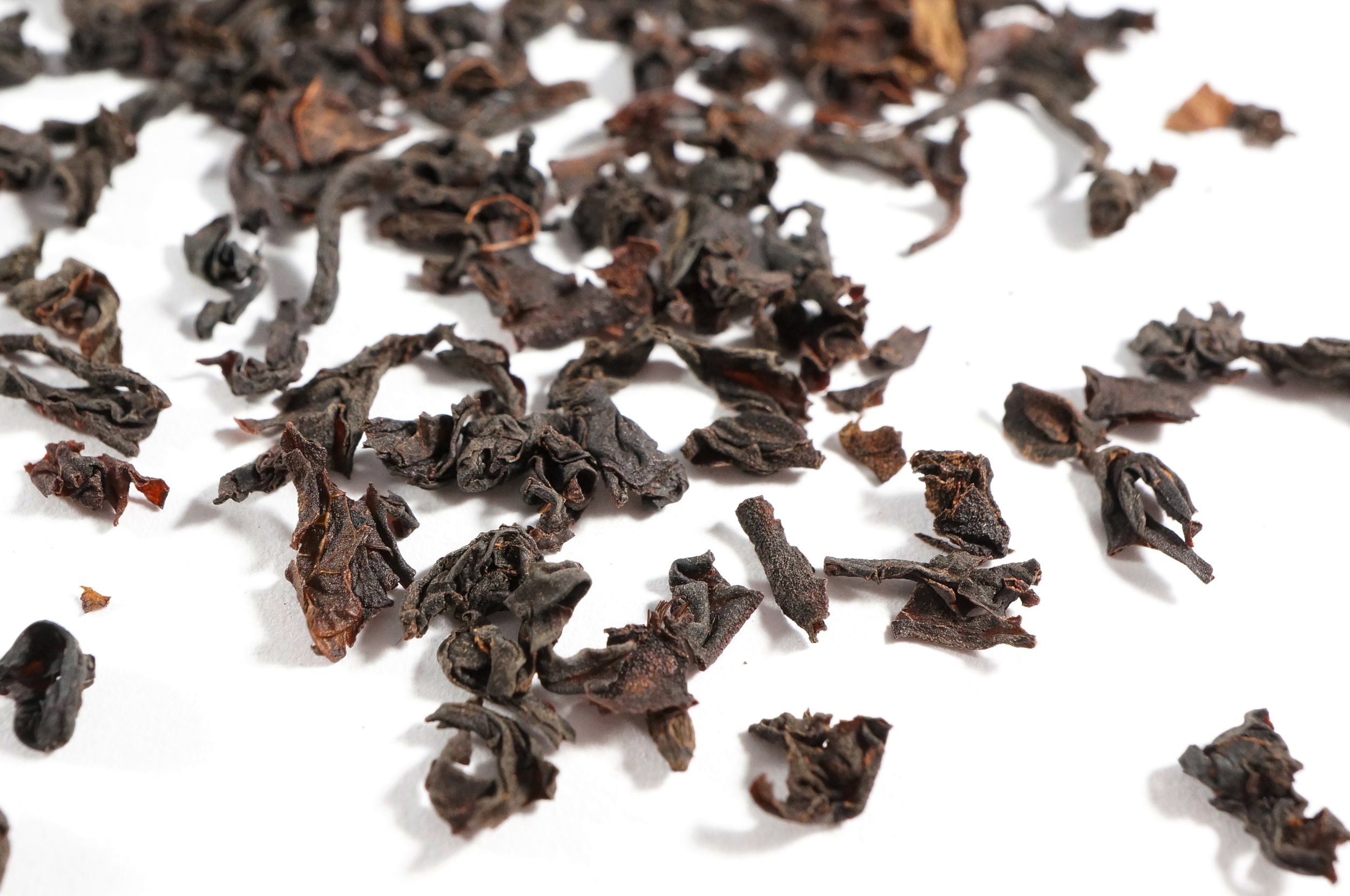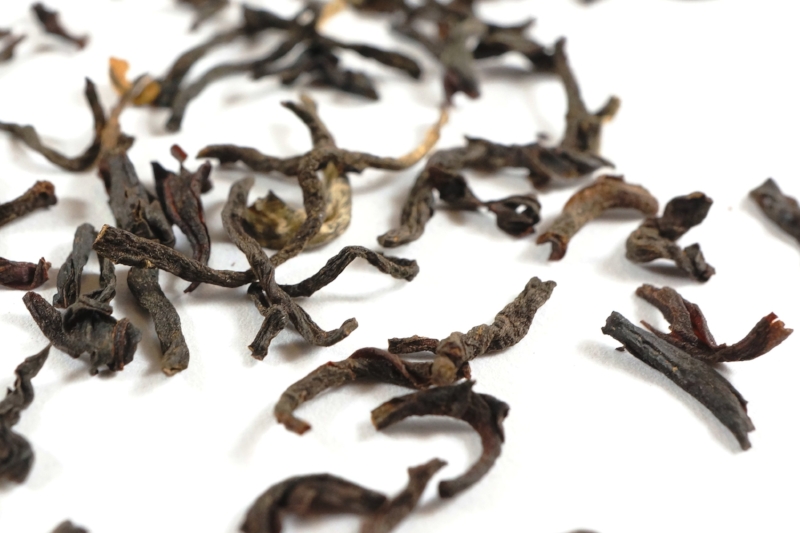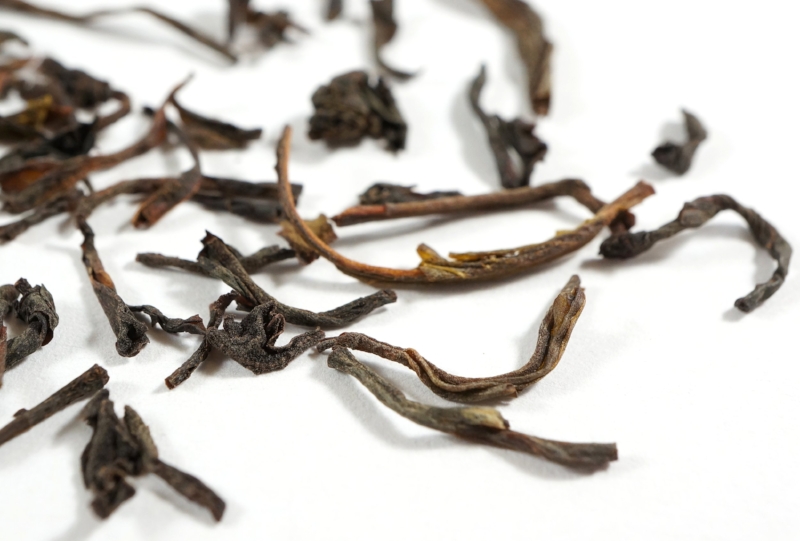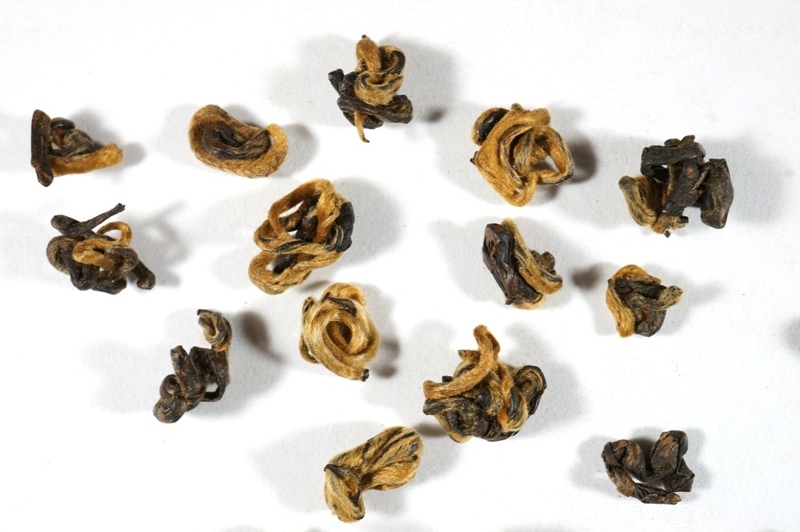What is Green Tea
Green Tea is a lightly oxidized (5-15%) tea. Unlike Black Tea, Green Tea leaves have not undergone the withering and oxidation processes. There is a minimal amount of oxidation by application of heat; either with steam, a traditional Japanese method; or by dry cooking in hot pans, the traditional Chinese method. Green tea is processed within one to two days of harvesting. Green Tea has a high level of antioxidants called catechins.
Chinese and Japanese Green Tea
There are 2 traditional methods, Chinese and Japanese, in making Green Tea. The differences between the two are the in the Kill Green Process where the Japanese Green Tea uses a steam then dry method while the Chinese implements a panfrying method to finally seal and lock the moisture content.
Health Benefits
Green tea has been credited with providing a wide variety of health benefits, although many of which have not been validated by clinical evidence. These claims and any for which academic citations are currently missing are listed here:
- Stopping certain neurodegenerative diseases such as Alzheimer's and Parkinson's.
- Preventing cancer.
- Treating multiple sclerosis.
- Preventing the degradation of cell membranes by neutralizing the spread of free radicals (which occurs during the process of oxidation).
- Reducing the negative effects of LDL cholesterol (bad cholesterol) by lowering levels of triglycerides and increasing the production of HDL cholesterol good cholesterol.
- Increasing fat oxidation (helps the body use fat as an energy source) and raising metabolism.
- Japanese researchers claim if you drink five cups of green tea a day, you'll burn 70 to 80 extra calories. Dr. Nicholas Perricone, an anti-aging specialist, appeared on the Oprah Winfrey show and told Oprah's viewers they can lose 10 lbs. in 6 weeks drinking green tea instead of coffee.
- Drinking green tea mixed with honey can oftentimes have a soothing effect on a sore throat.

